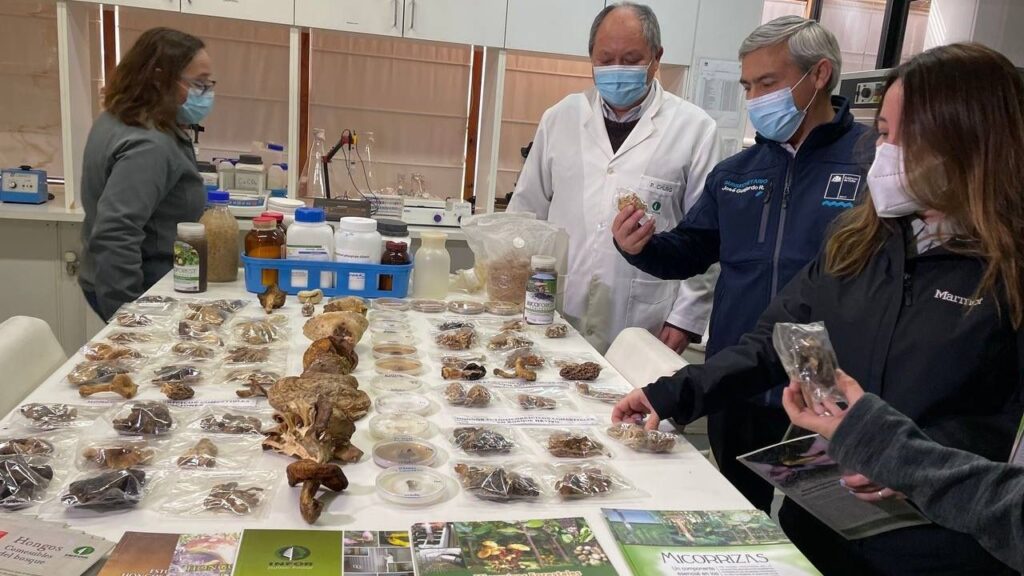The emergence of trends in the consumption of proteins that are not of animal origin have aroused interest in the economies of all the countries of the world, by the use of new vegetable products that have been registering increases in their sales, in addition to greater financing for their production in emerging markets.
(They create edible meat with carbon dioxide.)
This was revealed in their report The Untapped Climate Opportunity in Alternative Proteins, Boston Consulting Group (BCG) and Blue Horizon, carried out with more than 3,700 consumers in different countries of the world, who, in the midst of their results, showed that global concerns about food security and climate impact have further driven this development.
According to the consultant Kantar, in Colombia, alternative proteins, which are not of animal origin, have increased by 1.4% between 2020 and 2021 in the country’s retail supermarkets.
This type of trend, according to the document, occurs because people are increasingly aware of the “importance of sustainability” in what they consume. For this reason, of the total number of people surveyed, 76% claimed to be aware of said market, and at least 9 out of 10 claimed that they like at least one of these products. However, taking the data to the local level, according to Kantar, one in 10 families in the country consumes alternative proteins.
According to the document, the discussion of the arrival on the market of this type of alternative proteins, brings with it considerations for the benefits that these have for the care of the environment.
Advantage
The report shows that plant-based protein investments are more efficient in capex with respect to carbon dioxide and methane emission reductions than in any other industry. Furthermore, “switching to alternative proteins may be the most capital-efficient and high-impact solution to address the climate crisis,” the companies say.
For his part, Bjoern Witte, CEO of Blue Horizon, assures that, “the products that consumers see on the shelves today will be followed by a wave of cleaner, healthier and more flavorful alternative proteins, as technology allows greater innovation. . In addition, capital invested in alternative proteins increased at an annual rate of 124%, from US$1 billion in 2019 to US$5 billion in 2021, with investments in fermentation companies. The investment in alternative proteins is increasingly global”.
Given the pertinent interest of Colombians to learn about and innovate in the alternative protein market, José Félix Lafaurie, president of the National Federation of Livestock Farmers (Fedegan), assured that “we consider that protein of animal origin is the fundamental element of the human evolution”.
sustainable food
According to the report, the biggest changes will involve the migration of funds of value towards the production and processing of new protein sources.
However, the extent and speed of the impact will depend on the type of protein, be it meat, fish, dairy or eggs, and the type of alternative, which can be plant-based, fermentation or animal cells. Since the value pools will remain dynamic, according to the report’s results, improved plant-based protein extraction methods would increase over time.
For his part, Sandro Marzo, Managing Director & Partner of BCG, assures that “alternative proteins have achieved substantial changes in consumers, who are increasingly aware of this new food category and are impressed when they try the available products”.
According to the report, three-quarters of those surveyed cited a healthier diet as their main motivation for consuming alternative proteins.
On the other hand, more than 30% of consumers stated that they would change their diets to alternative proteins if they believed that doing so would have a positive impact on the climate.
DIANA K. RODRIGUEZ T
BRIEFCASE


















